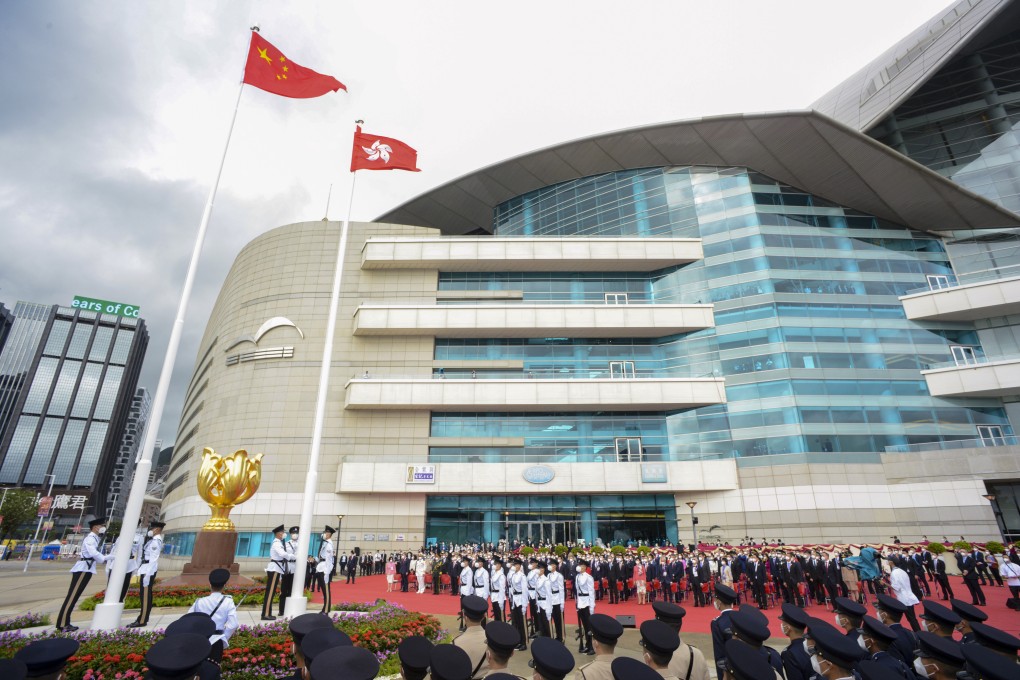Advertisement
Opinion | 2022 will go down as the year of Hong Kong’s re-education
- From children to civil servants, Beijing is determinedly teaching the Basic Law, constitution, national security – and that Hong Kong is an inalienable part of China
- Such nation-building efforts are likely to intensify in the coming years as China looks to reshape Hong Kong in its image
Reading Time:3 minutes
Why you can trust SCMP
26

The year 2022 will go down in Hong Kong history’s as one of great significance. The city celebrated its 25th anniversary as China’s first special administrative region (SAR). The celebrations followed the Communist Party’s commemoration of its centenary last year.
For the first time since reunification, in June last year, about 70 government, political and community leaders were invited to Beijing to join the party’s celebration of China’s transformation into a modern, socialist state with Chinese characteristics.
The Communist Party used to keep a low profile in Hong Kong. Politicians took care to play down their party connections to avoid stoking Hong Kong people’s unease about communism.
Advertisement
But after the tumultuous events of 2019, leaders in Beijing cast off their shroud of secrecy and stepped up publicity on the party’s contributions to China’s modernisation and to ensuring Hong Kong’s prosperity and stability under “one country, two systems”.
As 2022 also marks the 40th anniversary of the enactment of China’s fourth constitution, Deng Zhonghua, president of the Chinese Association of Hong Kong and Macau Studies, gave a keynote speech at a Constitution Day seminar organised by the Hong Kong government last week. In his speech, Deng stressed the authority and legitimacy of the 1982 constitution, drafted after two years of consultation throughout the country in a meticulous process not dissimilar to constitutional procedures adopted in many other countries.
Advertisement
Deng also stressed that it was Article 31 of the constitution, providing for the establishment of SARs, that enabled one country, two systems to be implemented in Hong Kong.
Advertisement
Select Voice
Choose your listening speed
Get through articles 2x faster
1.25x
250 WPM
Slow
Average
Fast
1.25x
